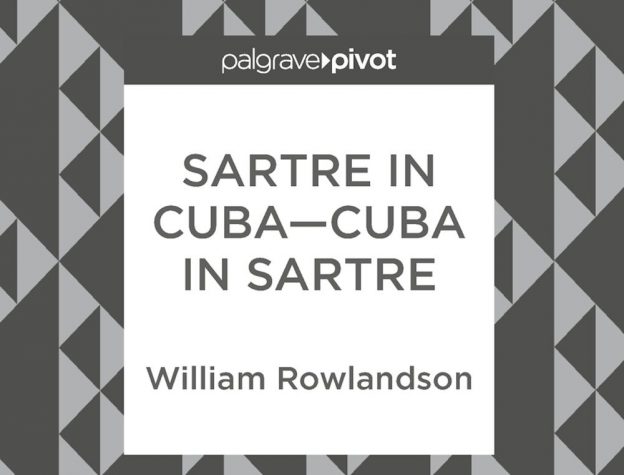Dr William Rowlandson, Senior Lecturer in Hispanic Studies in the Department of Modern Languages, has published a new book titled Sartre in Cuba-Cuba in Sartre (Palgrave, 2017).
In early 1960, Jean-Paul Sartre and Simone de Beauvoir accepted the invitation to visit Cuba and to report on the revolution. They arrived during the carnival in a land bursting with revolutionary activity. They visited Che Guevara, head of the National Bank. They toured the island with Fidel Castro. They met ministers, journalists, students, writers, artists, dockers and agricultural workers. Sartre spoke at the University of Havana. Sartre later published his Cuba reports in France-Soir.
This book explores Sartre’s engagement with the Cuban Revolution. Sartre endorsed the Cuban Revolution, but his accounts became denounced as ‘unabashed propaganda.’ The book explores such accusations. Were Sartre’s Cuba texts propaganda? Were they blind praise? Was he naïve? Was Castro deceiving him? Had he deceived his readers? Was he obligated to Castro or to the Revolution?
He later buried the reports, and abandoned a separate Cuba book. His relationship with Castro later turned sour. What is the impact of Cuba on Sartre and of Sartre on Cuba?
Find out more information about this book.
